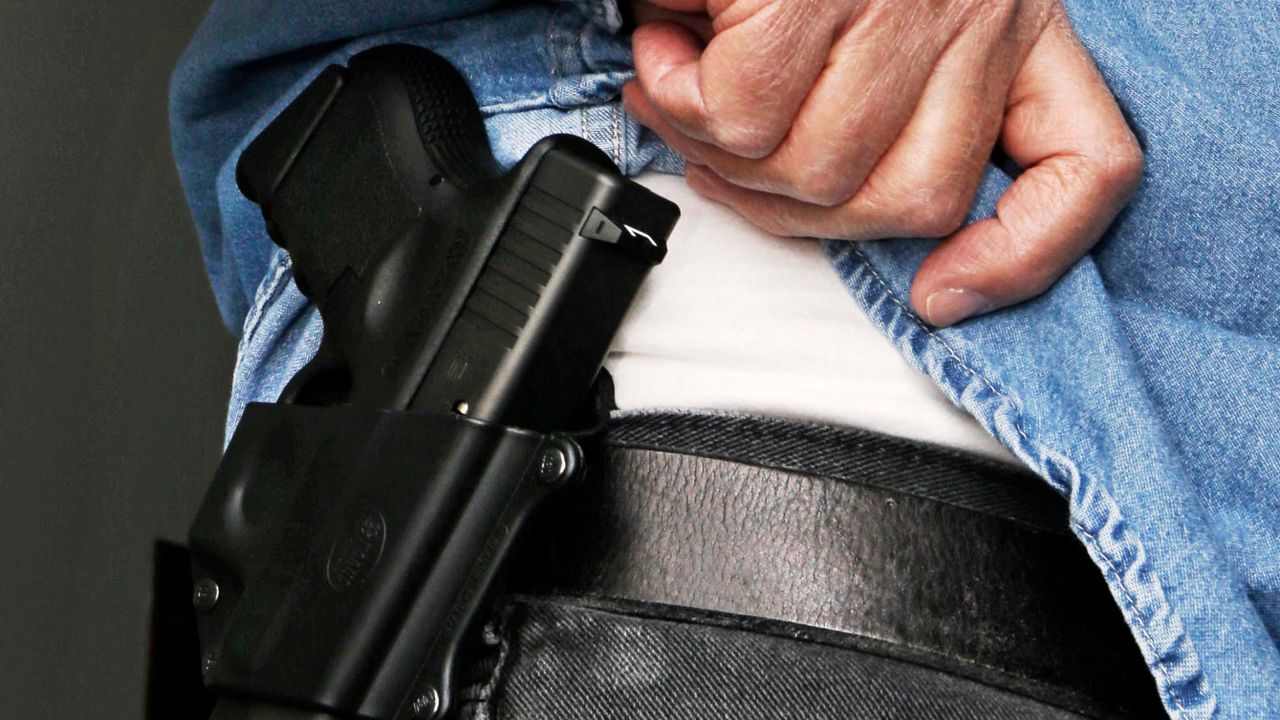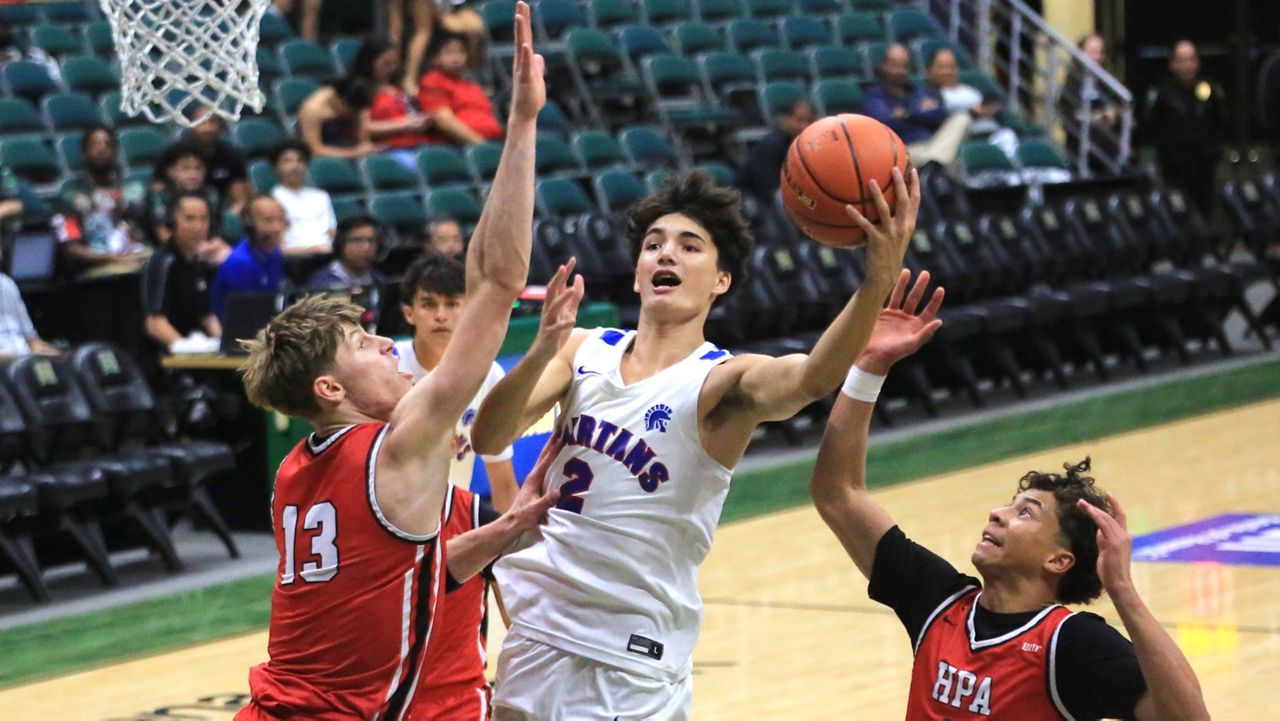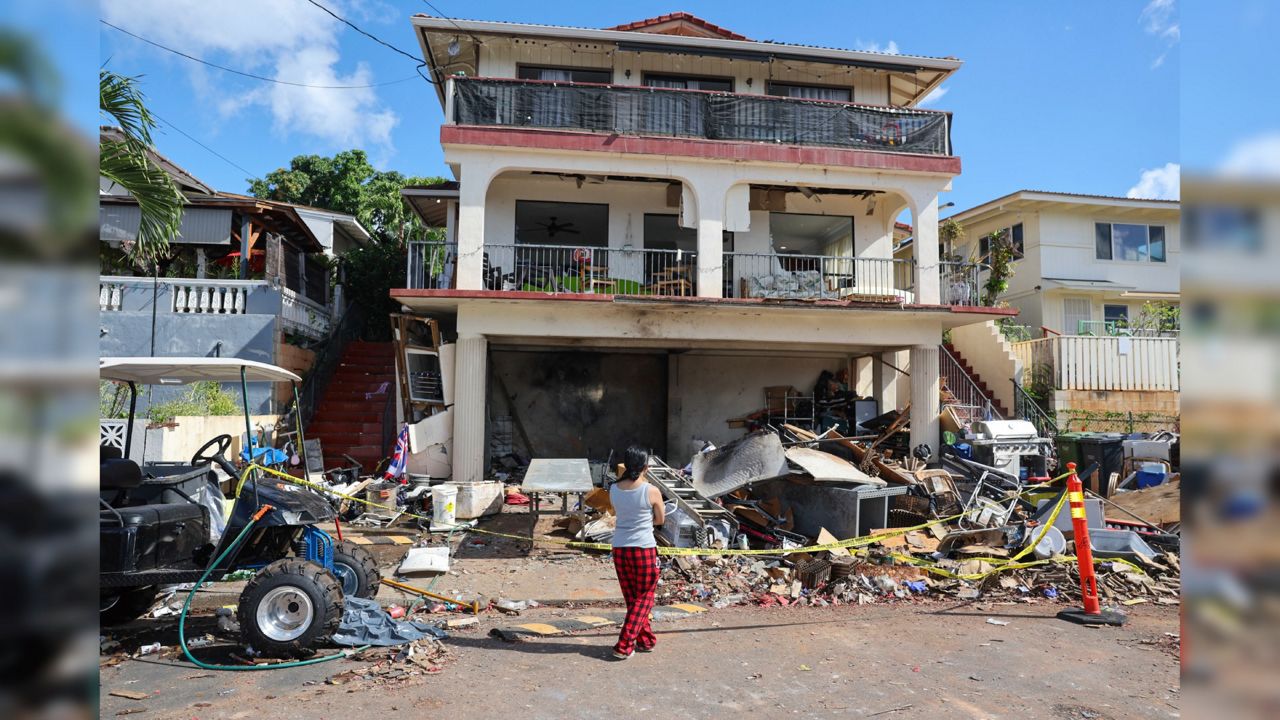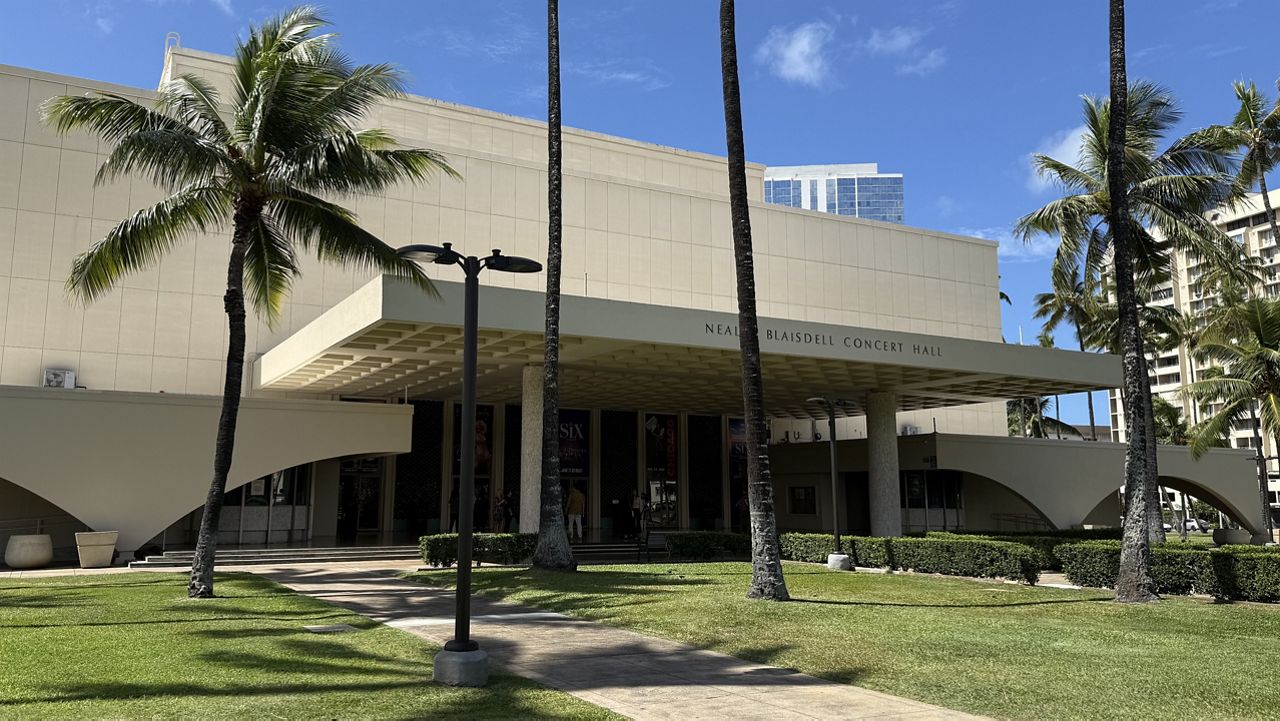HONOLULU — Acknowledging both a duty to explore the issue and significant ambivalence about how to proceed, the Hawaii County Council’s Committee on Parks and Recreation and Public Safety on Tuesday took up a measure that proposes to identify “sensitive areas” in which citizens would not be able to carry concealed firearms.
The bill was introduced in the wake of the U.S. Supreme Court’s ruling in New York Rifle and Pistol Association v. Bruen, which effectively struck down the state’s requirement that applicants show significant cause to obtain a concealed carry permit. Since the June decision, numerous states and municipalities have initiated legislation to either shore up or dismiss existing restrictions on concealed carry rights.
Bill 220, drafted by Hawaii County Corporation Counsel attorney Sylvia Wan and introduced at the request of the Hawaii County Police Department by Council vice chair Aaron Chung, would designate as sensitive areas a broad range of grounds and facilities, including government buildings, courthouses, schools, hospitals, playgrounds, parks, churches, airports, voter service centers, public transportation facilities and vehicles, bars and dining establishments that serve alcohol.
Like a similar measure being considered by the Honolulu City Council, the measure would also include private property open to the public with a provision that owners could opt to allow people to carry firearms on the property by posting a notice.
Chung started discussion of the measure by emphasizing that he expected the state legislature to take up the issue in the upcoming 2023 session and that any subsequent legislation would supersede anything the Council might enact in the interim.
“For all intents and purposes, we’re just looking at tiding the public over from whenever this gets passed, if it does get passed, to sometime in January or February,” Chung said. “All the action is going to occur at the Legislature. They’re probably going to come up with something that will address the entire state.”
Chung said any action the Council takes will have to balance rights affirmed in the Bruen case with public safety interests.
“There’s some kind of presumption that whoever gets one of these permits will only use it for self-protection,” he said. “I think that’s a wrong assumption. There might become a proliferation of concealed weapon licenses that may become problematic. It’s going to change the culture of what we have in Hawaii. I don’t know now if it’s going to make it better or make it worse, but this is an issue that needs to be examined, so I’m happy to introduce (the bill) in that regard.”
Wan said the list of proposed sensitive areas was based on extensive historical and comparative research.
“The idea of drafting this ordinance was to draft in concert with Bruen, not against it,” she said. “The idea's not to work around the Supreme Court case but rather to legislate within the opening that this particular case has provided, and solidify what we as a community consider sensitive places. Every single portion and every single bullet point that you see within this ordinance has an analogous statute historically within the United States.”
Acting Hawaii Island police chief Kenneth Bugado requested that the bill be amended to prohibit a person from carrying a concealed firearm when intoxicated and require someone with a concealed weapon to disclose of the presence of a weapon and present their concealed carry permit when contacted by a law enforcement officer.
Committee members expressed numerous concerns about the apparent restrictiveness of the bill, the burdens it might place on property owners and matters of public safety.
“I’m trying to think of areas that this bill allows you to have a concealed carry, and it’s very limited,” said Council member Matt Kanealii-Kleinfelder.
Kanealii-Kleinfelder also wondered aloud whether restricting a citizen’s ability to carry a concealed firearm is the right decision for Hawaii Island given the fact that law enforcement personnel are already stretched thin due to staffing shortages.
“In my district, we have about eight to 10 officers per shift in an area the size of Oahu,” Kanealii-Kleinfelder said.
Several testifiers also spoke out against the current version of the bill, including Manuel Antonio, who noted instances in Texas, Indiana and elsewhere where citizens with concealed firearms successfully intervened in attempted mass shootings events.
“I feel we’ve gotten enough restrictions on the Second Amendment in Hawaii,” he said. “This is just crazy, and it’s almost impossible for law-abiding citizens to get concealed carry or even open carry. We should be able to carry our guns, open or concealed, wherever we want to go. If anything happens, at the end of the day, you’re still calling the cops to respond and how are the cops going to respond? They’re going to respond with weapons to stop the shooters.”
Council member Heather Kimball was the lone committee member who was unequivocal in her support of the measure.
“There are very few policy positions that I am willing to start on a hill and say ‘I’m going to go for this regardless’—this is one of them,” she said. “I think we are accepting a narrative here that the only mechanism for self-defense is to have a firearm on your person. I fundamentally disagree with that. The laws that we have are some of the strictest in the country with respect to firearms. We also have one of of the lowest rates of firearm-related deaths. I think (this bill) is right on the money.”
In the end, though, Kimball acknowledged that the bill in its current form would not have the votes necessary to pass and deferred to the rest of the committee in agreeing to postpone the matter until Oct. 18 so the list of sensitive places can be reviewed and, likely, pared down.
Michael Tsai covers local and state politics for Spectrum News Hawaii.








